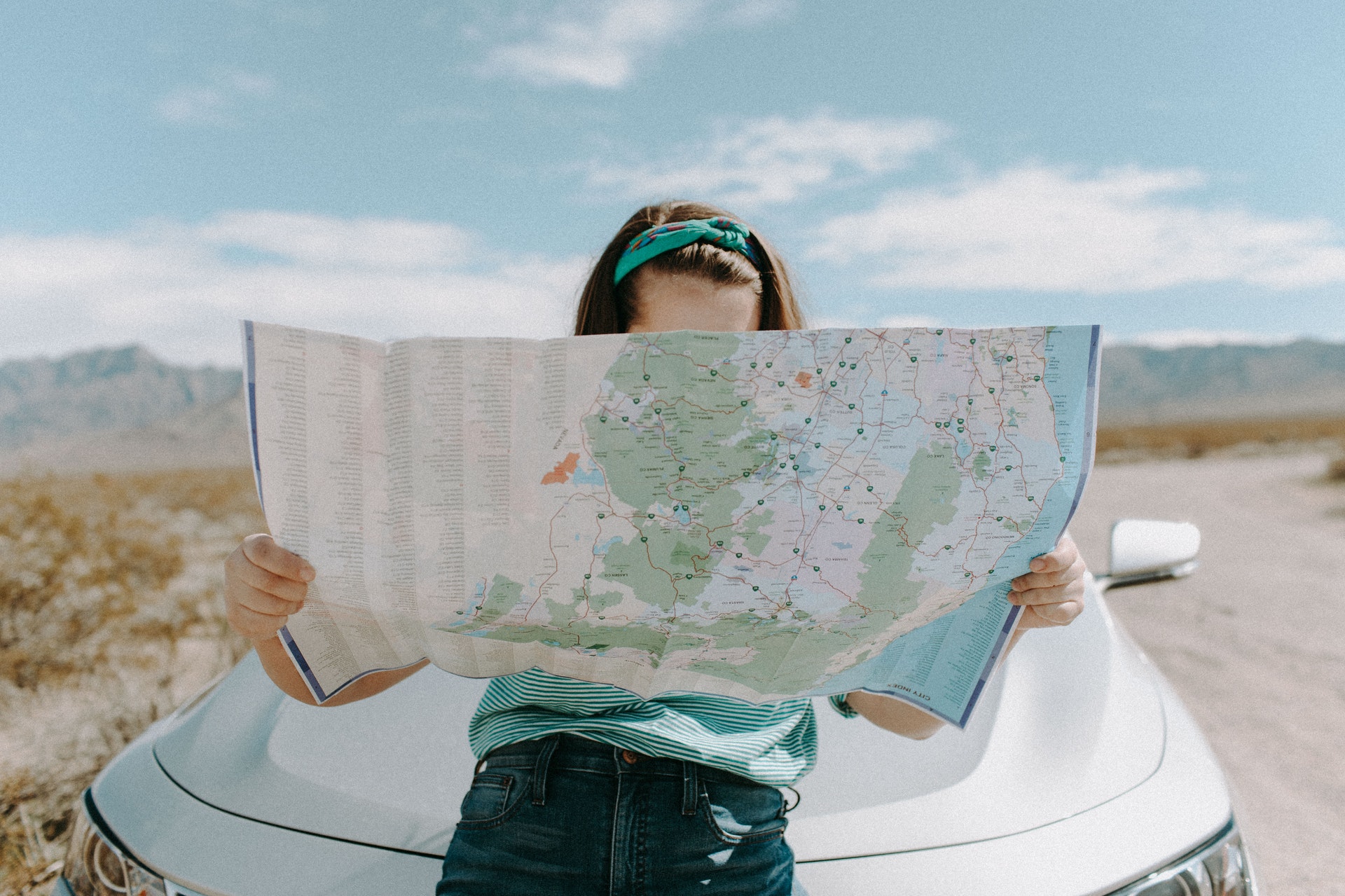
With many indoor attractions still closed or operating only at a limited capacity, there’s never been a better time to pack up the car, RV or camper van and set out on the road trip of a lifetime. However, without careful planning, a road trip can get pricey, especially with soaring gas prices and the rising costs of food. For this reason, we’ve put together seven solid tips for a budget-friendly road trip. This should help you hit the road in style without breaking your budget.
1. Save on food costs
Food can quickly turn into the biggest expense of your trip unless you plan ahead. And no, this doesn’t mean dining only on canned baked beans or instant soups for the duration of your trip. Here’s how to save on food costs during your road trip:
- Stock up on staples while at home. Shop your local stores for basics before setting out. Once you’re on the road, you won’t have as many choices for food shopping, which may stimulate overspending.
- Get your “kitchen” into gear. Unless you’re road-tripping in an RV or camper van that comes with a fully equipped kitchen, you’ll need to gear up for basic food prep on your trip. A good knife, cutting board and small cooking appliances, like a portable grill, panini maker and plug-in burner, can be great starting points.
- Plan a mix of meal types. You likely want to eat some meals out during your trip, but overdoing the dining out will quickly kill your budget. Instead, mix it up, alternating between home-cooked meals, dining out on fine cuisine and tasting local street foods.
- Only eat out at places you don’t have at home. For further savings, save the dining out for delicacies that are unique to your current location. Think fresh seafood on the Oregon coast, authentic Korean food in K-Town of Los Angeles or Cajun food in New Orleans.
2. Camp out instead of sleeping in hotels
Sleeping under the stars whenever possible will add another layer of awesome to your trip. Check out recreation.gov, where you can book accommodations at 3,600 facilities and 103,000 individual sites across the country. Lots of camping spots will run just $20 a night.
3. Find free attractions
Who says you need to pay for your fun or it doesn’t count? Most tourist hotspots will have a wide selection of free activities and sights to see at no cost, like the Smithsonian in Washington, D.C. and city street art in Pittsburgh, PA. Check out local websites or ask around on the street to find the best-kept secrets at each location.
4. Map out your route for greater savings
Instead of blowing money on gas, create a detailed schedule of all your stops before setting out, choosing the most efficient and inexpensive route. Look up local attractions in the areas you plan to stop at to book reservations in advance when possible. In many places, you can save a tidy bundle of cash just by pre-booking. Also, keep in mind that many attractions still require reservations as a COVID-19 precaution, so be sure to plan accordingly.
5. Download GasBuddy
With gas prices hitting $4 a gallon in some parts of the country, your car’s tank can take a huge chunk out of your road trip budget. Download the Gas Buddy app before hitting the road to find the stations selling the cheapest gas throughout your journey. You can save hundreds of dollars on gas costs by leveraging this game-changing app.
6. Check in on a Sunday
For those nights when you must have a hot shower and comfortable bed, you’ll likely be checking into a hotel. If you can swing it, check in on a Sunday. According to a study conducted by the travel app Kayak, hotel reservations are at their lowest rates on Sundays.
7. Explore more and drive less
Hit the brakes and get out of the car! Spend some time covering miles on foot by hiking through local trails or even backpacking through city streets. You’ll enjoy an enriching experience and save on gas costs at the same time.
